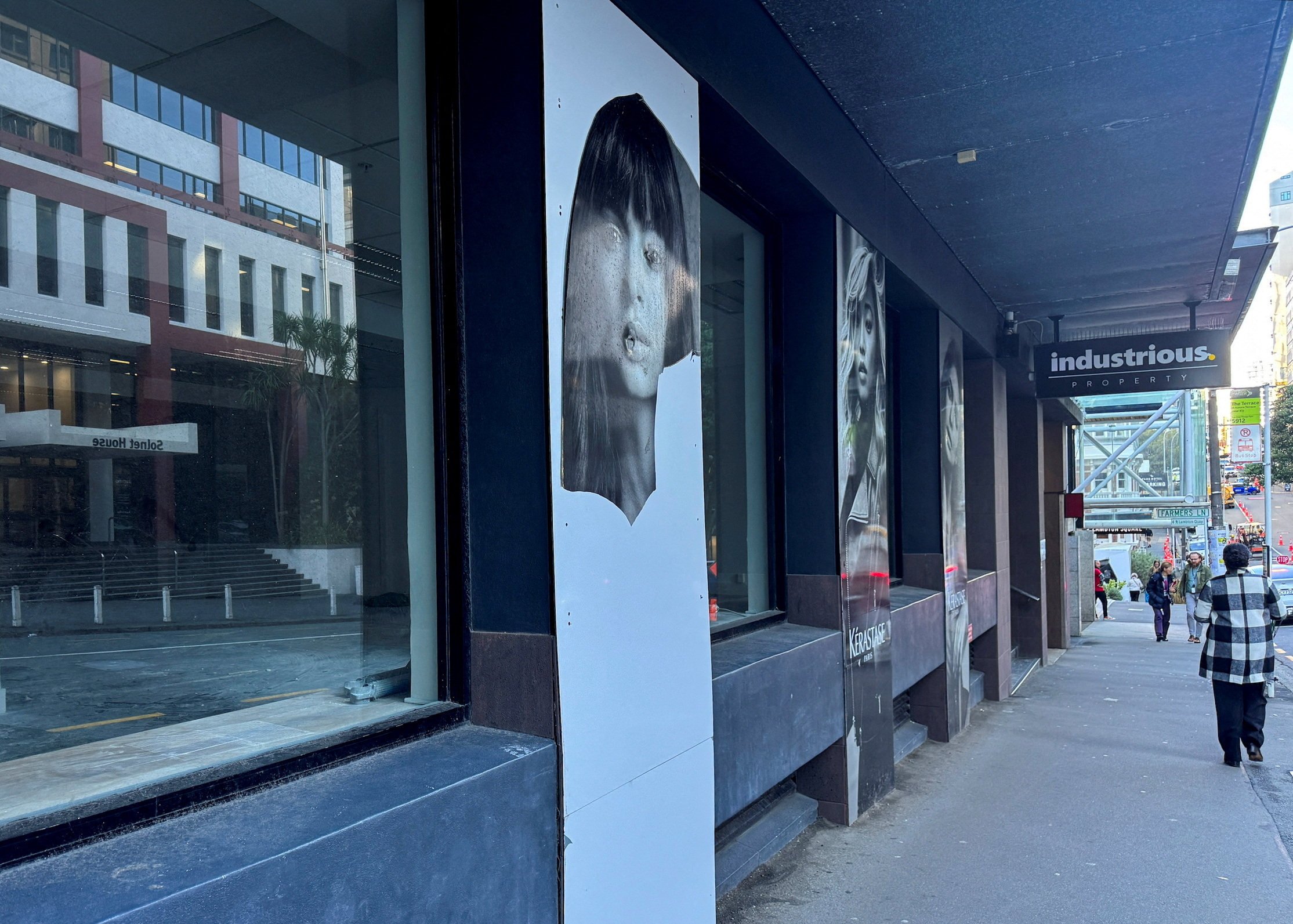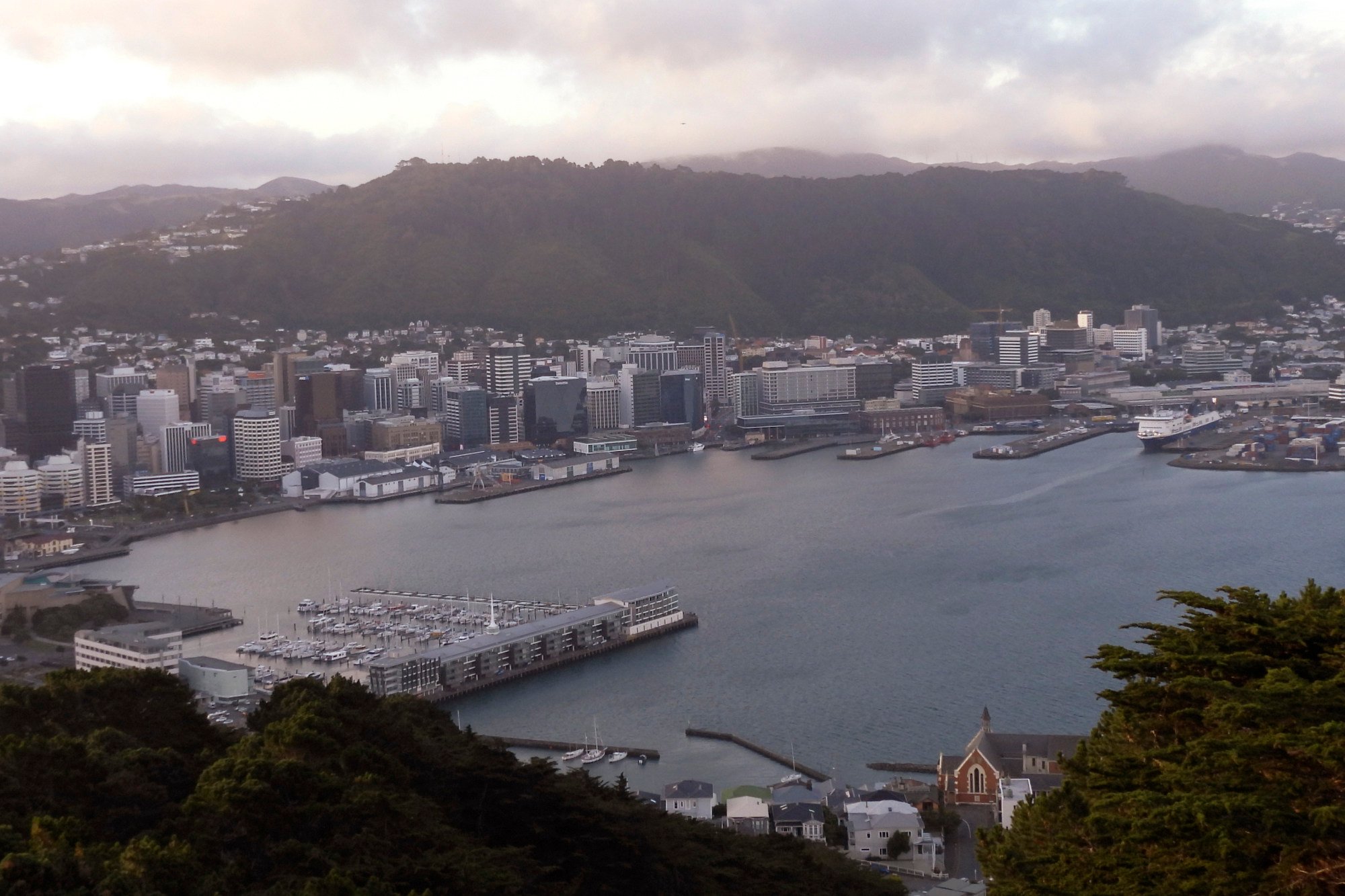New Zealand’s rainbow capital sees rise in anti-LGBTQ hate
LGBTQ activists and residents report a disturbing shift in Wellington’s once-accepting atmosphere

Wellington, long celebrated as New Zealand’s most inclusive city, is witnessing a rise in anti-LGBTQ attacks, leaving many residents feeling unsafe – and some contemplating leaving altogether.
The mother of a 19-year-old gay student, who moved to the country’s capital for university, told the Stuff news website that her son faced constant intimidation and was regularly subjected to homophobic slurs on the streets of Wellington.
Paradoxically, Wellington was chosen for the son’s studies because of the homophobia he had faced in the small town he previously lived in.

“We thought it was the safest, most alternative and accepting city, but it’s not,” said the mum, as quoted by Stuff on Monday. “He’s scared walking out in public by himself in Wellington.”
According to 2023 census data cited by Radio New Zealand, 11.3 per cent of Wellington’s residents identify as LGBTQ or part of the rainbow community – the highest proportion in the country. Dunedin follows at 7.3 per cent, Christchurch at 6 per cent, and Palmerston North at 5.8 per cent.
Wellington’s reputation for being queer-friendly has been widely publicised. Last year, an LGBTQ travel magazine named it one of the world’s best destinations for rainbow tourists, while Lonely Planet ranked it among the top places for LGBTQ families to visit earlier this year.
But many LGBTQ residents say Wellington’s atmosphere of acceptance has shifted in recent months.
LGBTQ activist Shaneel Lal recounted being verbally abused on Ghuznee Street while carrying a rainbow umbrella. “Homo,” a man shouted, echoing the kind of slurs Lal is accustomed to seeing online. It was not an isolated incident. Lal recalled being called a “f****t” on another central city street, and said other queer friends have shared similar experiences of feeling unsafe.
“This isn’t the Wellington I know. Something has changed,” Lal told Stuff.
Trans actress Cassidy Kemp-Woffenden agreed that there had been a change of mood in the city. “I feel less comfortable,” she said.
Craig Watson, event director of the Wellington Pride Parade, said even simple acts like holding hands had become taboo. A gay couple he knows had stopped holding hands in public “because there’s a higher chance, at the moment, that they will receive some sort of negative glares or verbal expressions”, he said.
Rainbow Wellington Chair Sam French said in a press release on Friday that the LGBTQ social advocacy group was alarmed by reports of rising abuse targeting rainbow communities.
“We know that the majority of New Zealanders don’t support the toxic culture-war dynamic that various groups are promoting. However, as intolerance and hateful rhetoric has increased worldwide, we think that this is emboldening a nasty minority here in Aotearoa to believe they can act abusively with impunity,” he said, using the Maori name for New Zealand.
He called on political and community leaders to take a stand against bigotry. “We need our leaders to come out and back the rainbow community – particularly transgender and gender diverse people. Be an ally, not a bystander.”
Wellington police told Stuff that they did not have specific data available on homophobic attacks, and Mayor Tory Whanau said she was not aware of the reported increase.
“But, if true, this is deeply concerning and unacceptable,” she said. “Wellington prides itself on being New Zealand’s rainbow capital, and our public spaces should always be safe and inclusive for everyone.”